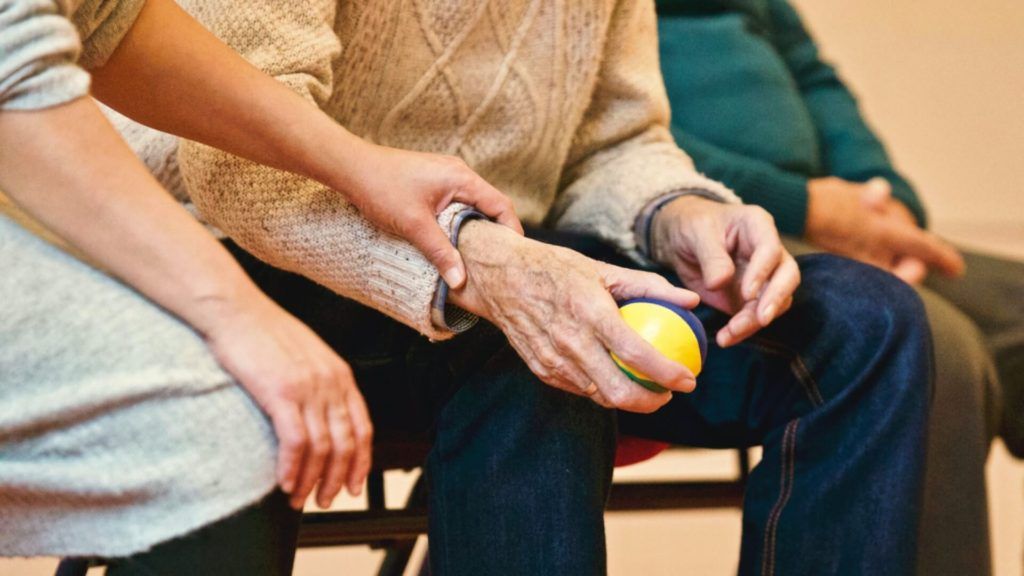The concept of someone being to blame for another person’s self-neglect is a difficult one to wrap your head around. After all, if an adult becomes ill or injured due to his own actions, who could be liable but that adult? Well, elderly people require a great deal of care, and when an elderly person is allowed to self-neglect, then his or her caretakers should be held responsible.
What Is Self-Neglect?
People over the age of 65 often suffer from age-related conditions that impact their physical strength and their cognitive ability. This means that in order to stay healthy, clean, and safe, some of them need caretakers to do important tasks, such as bathing them, feeding them, and keeping them properly clothed. Some seniors are simply unable, or unwilling, to do such things for themselves.
When an older person does not keep himself clean, fed, or out of physical danger, it is considered self-neglect. The root cause for this inability or unwillingness usually has to do with the person’s strength or mental capacity. For example, someone with dementia may forget to take important, life-saving medication. This is not because the person does not want to be healthy, but simply because she does not remember she hasn’t taken the medication, or that the medication is necessary.
When Self-Neglect Turns Dangerous
Self-neglect may start off small. For example, an elderly person may just forget to bathe for a night or two, or refuse to get out of bed for an extended period of time. However, over time, the neglect grows, until it is incredibly dangerous — even deadly.
If that senior continues to forget to bathe, then he can develop infections. Older people have a much harder time recovering from serious illnesses, meaning even a cold could turn deadly. That is why proper sanitation is so necessary. If the senior refusing to get out of bed is allowed to stay stationary for too long, then she may eventually develop bedsores, which can then become infected and may even require amputation.
The truth is most older people need some level of care. Even mentally well, independent elders may still require assistance from time to time. The danger of leaving a senior unsupervised should never be underestimated. Self-neglect can prove to be fatal in extreme cases. That is why caretakers must always be vigilant with their older charges.
Determining Liability
If your elderly loved one lived at a nursing home facility, or received in-home care, then the staff responsible for your loved one’s care would be liable if they allowed your loved one to self-neglect.
Remember, these staff members are supposed to be trained in providing proper care for residents. That training should include spotting self-neglect and quickly interfering. If your loved one isn’t taking prescribed medication, the staff needs to step in immediately. If your loved one goes outside without the proper clothing, the staff needs to make sure your loved one is prepared for the elements, or brought back inside. If your loved one is developing bedsores because they want to stay in bed all day, then staff must make sure your loved one changes positions frequently.
If a child were to become ill because she drank a dangerous chemical she found in an unlocked cabinet, the child would not be responsible, but the parent. Elder self-neglect operates on the same principle. When someone is not capable of taking care of himself, then a responsible party must step in. That is why, if your loved one was the victim of self-neglect, the staff or nursing home or hospital is the party you should be holding liable. Never let negligent staff pin the blame on your loved one.
We at Breyer Law Offices, P.C., are experienced in helping families protect their elderly loved ones and holding the liable parties responsible. If your loved one has suffered due to un-caught self-neglect, then you need a skilled nursing home abuse attorney on your side. Contact us today. We are waiting to help.


